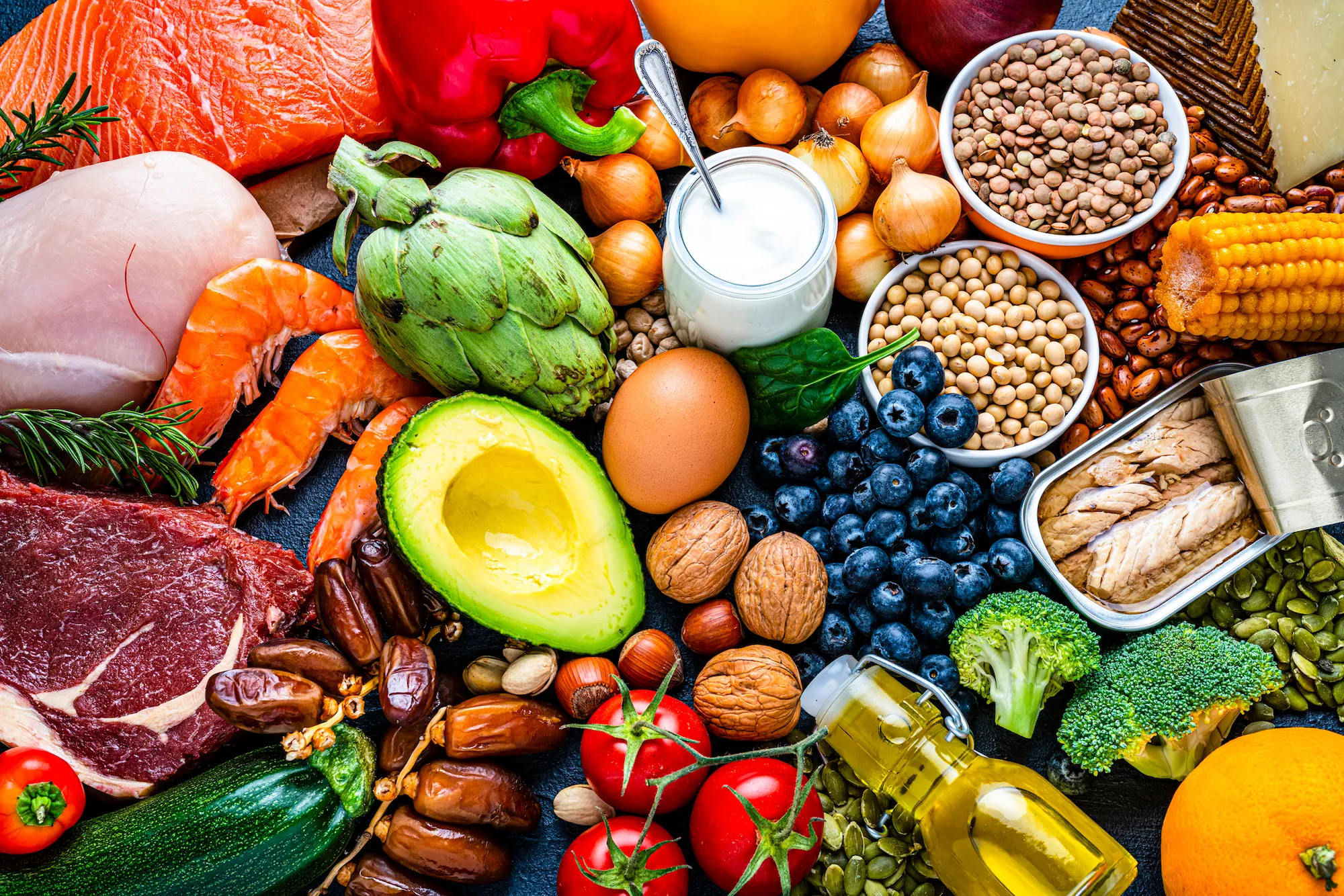Maintaining a healthy diet can be challenging for college students due to busy schedules, limited resources, and a variety of food choices. However, prioritizing healthy eating habits is essential for overall well-being and academic success. Here are some tips to help college students eat healthily:
- Plan your meals: Take some time each week to plan your meals and snacks. This will help you make healthier choices and avoid relying on fast food or unhealthy options when hunger strikes.
- Cook at home: Cooking your meals allows you to have control over the ingredients and portion sizes. Invest in basic cooking tools, explore simple recipes, and experiment with nutritious ingredients.
- Make use of the dining hall: If you have a dining hall on campus, take advantage of the variety of options available. Look for balanced meals that include lean proteins, whole grains, and vegetables.
- Watch your portions: Pay attention to portion sizes to avoid overeating. Use smaller plates and bowls to reduce the tendency to serve larger portions.
- Stay hydrated: Carry a reusable water bottle and drink plenty of water throughout the day. Limit sugary drinks and opt for healthier choices like infused water, herbal tea, or unsweetened beverages.
- Snack smart: Keep healthier snacks on hand for when hunger strikes between meals. Choose options like fresh fruit, Greek yogurt, nuts, hummus, or whole-grain crackers.
- Include fruits and vegetables: Aim to include a variety of fruits and vegetables in your meals and snacks. They provide essential vitamins, minerals, and fiber. Choose options that are easy to store and eat on the go, such as apples, baby carrots, or pre-cut vegetables.
- Balance your plate: Strive for balanced meals by including protein (e.g., lean meat, poultry, fish, legumes), whole grains (e.g., brown rice, quinoa, whole wheat bread), and vegetables. This combination provides essential nutrients and helps you feel satisfied.
- Limit processed foods and sugary snacks: Processed foods and sugary snacks tend to be high in unhealthy fats, added sugars, and sodium. Limit your consumption of these items and opt for healthier alternatives whenever possible.
- Practice mindful eating: Be present and take your time to eat without distractions. Focus on enjoying the flavors and aromas of your meal. This can help you recognize when you are full and prevent mindless overeating.
Remember, it’s essential to prioritize self-care and seek a balanced approach to nutrition while navigating college life. If available, utilize resources like campus nutrition programs or student health services for guidance and support.











